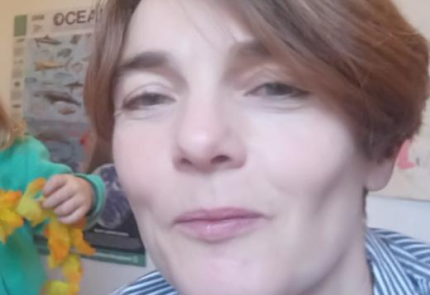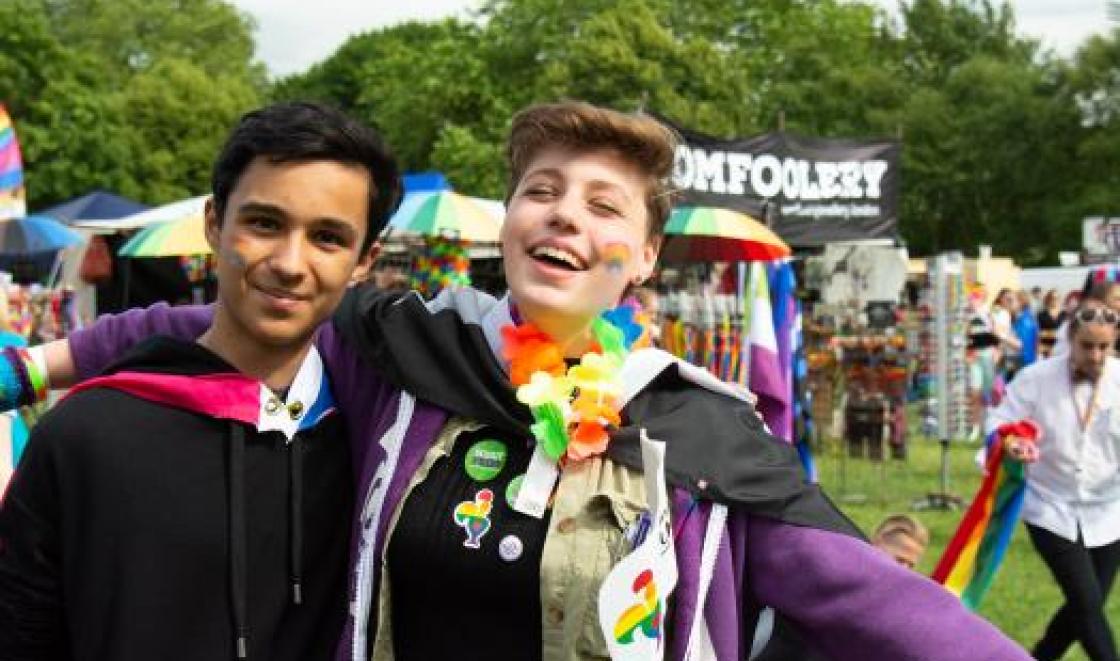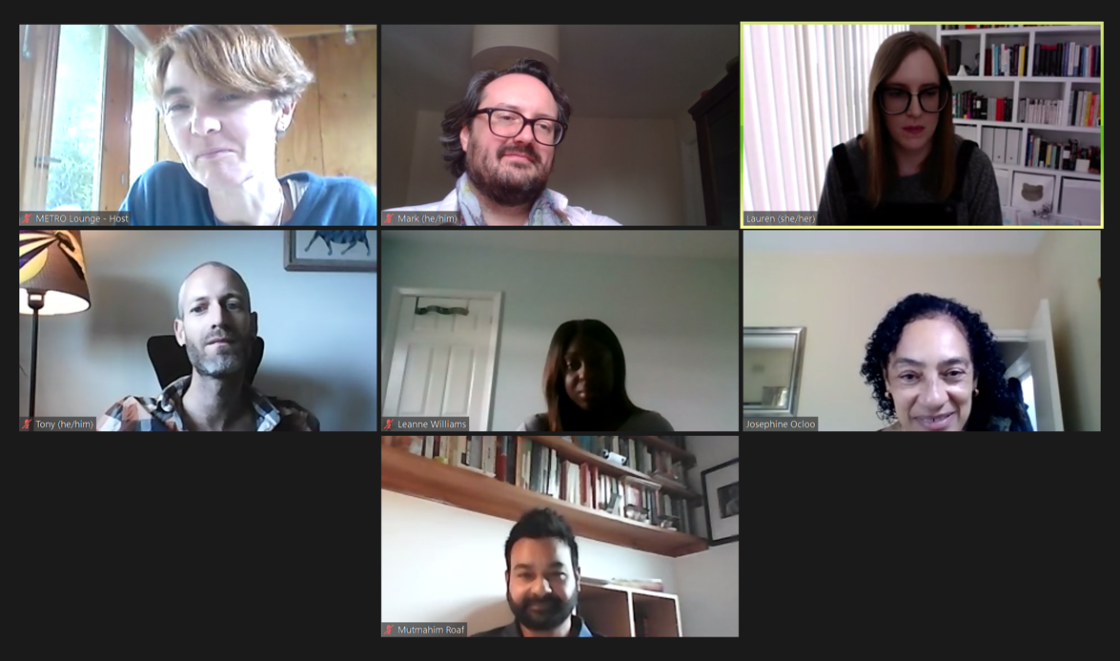4. What do you think has been the impact of Covid-19 on LGBTQ+ people?
Half of the respondents to our Service User Survey in 2020 identified as LGBTQ+. Our services focus on the needs of LGBTQ+ people with particular vulnerabilities, including: People Living with HIV (PLWHIV); migrants and refugees; people living with long-term mental health issues; young people, as well as service users who are living with prostate cancer; victims of hate crime, and socially-isolated older people. We also particularly serve people in economically-deprived areas of south-east London such as Woolwich where we are based.
Shared across all these LGBTQ+ groups is a reliance on face-to-face services prior to the COVID-19 pandemic to support their physical and mental health, and wellbeing needs. Although we have revolutionised the way we work through remote platforms - navigating the inevitable limitations of this mode of working as well as the opportunities - we are aware of particular exclusions that this offer has presented. Specifically, those who experience discrimination or discomfort in their domestic environments due to homophobia, biphobia and/or transphobia and those whose low income and/or lack of technological literacy has left them digitally excluded from the mainstream of our services users. They are on the margins of the margins.
Another issue for many of our HIV support groups for older service users, including those who live in more rural areas of counties such as Surrey and West Sussex, is their memories of the ‘other pandemic’: the HIV pandemic and coping with the trauma of those recollections particularly when the COVID-19 pandemic became apparent with lockdown and social isolation compounding these difficult thoughts.
5. You invited our diversity and inclusion lead, Josephine Ocloo to talk to METRO about the Black Lives Matter protests. Why do you think the BLM movement is significant for the LGBTQ+ community?
In the context of Black Lives Matter, we wanted to focus our Research Working Group’s discussions on relevant research topics and it was important for us to have an academic with lived experience to speak to these issues. This focus was not tied specifically to our LGBTQ+-related services or research ambitions but more broadly to address race equity matters within our work.
However, given METRO’s long track record of tackling discrimination in terms of sexual orientation and gender identity (SOGI) we believe that as a charity championing equality and diversity, our services and organisational culture must be at the forefront of race equity issues. Our Chair, Gwen Bryan spoke passionately about the impact of Black Lives Matters movement as a Black woman and as a leader of METRO in a video that was published on our website and disseminated via our social media channels in June this year (see endnote for link).[ii] Sharing narratives of discrimination is a familiar conversation for many LGBTQ+ people and for those with composite identities who work with METRO or who use our services.
6. At ARC South London we want to develop more equal partnership models to involve diverse groups in research and health and social care practice which is critical to producing research that can deliver improved outcomes for local people and communities. What would you like to see happen to help us achieve this?
In METRO’s current Strategic Plan we are committed to building our research capacity internally and to collaborating with external partners to develop research projects that relate to our five Domains of services in London and south England. This ambition is underpinned by our strong focus on serving south-east London boroughs where our work originates, particularly Greenwich and Lewisham: Community; HIV; Mental Health; Sexual and Reproductive Health; Youth.
We are keen to be invited around the table at the outset of projects’ development, to co-produce proposals, design research projects, and attract funding that can help us to build our capacity with partners. METRO is particularly committed to exploring bold initiatives focused on the evidence base and roots of tackling and reversing systemic health inequalities and realising aspirations in holistic health and wellbeing initiatives.
7. How would you like our researchers to work with you to develop this health and care research agenda?
Like Dr Ocloo’s presentation to our Research Working Group, learning from and being inspired by researchers is hugely important for our development. We intend to continue our conversation with the NIHR ARC in this enrichment and knowledge-building capacity alongside the prospect of developing concrete research projects with your researchers looking into 2021, and beyond, as we consider the key health and wellbeing issues for METRO in the context of COVID-19's ongoing impact.
[i] METRO’s Our History project documented the charity’s origins from the early 1980s through oral history interviews and the creation of a fully-catalogued archive, deposited at the Bishopsgate Institute: https://metrocharity.org.uk/community/our-history
[i] Submission to Unequal Impact inquiry: https://metrocharity.org.uk/news/2020/apr/30/unequal-impact-highlighted-due-to-covid-19-pandemic
[iii] METRO Chair, Gwen Bryan‘s thoughts on the significance of the Black LIves Matter movement, published 17 June 2020; see https://metrocharity.org.uk/news/2020/jun/17/message-from-our-chair
[iv] Josephine Ocloo's presentation to METRO charity


